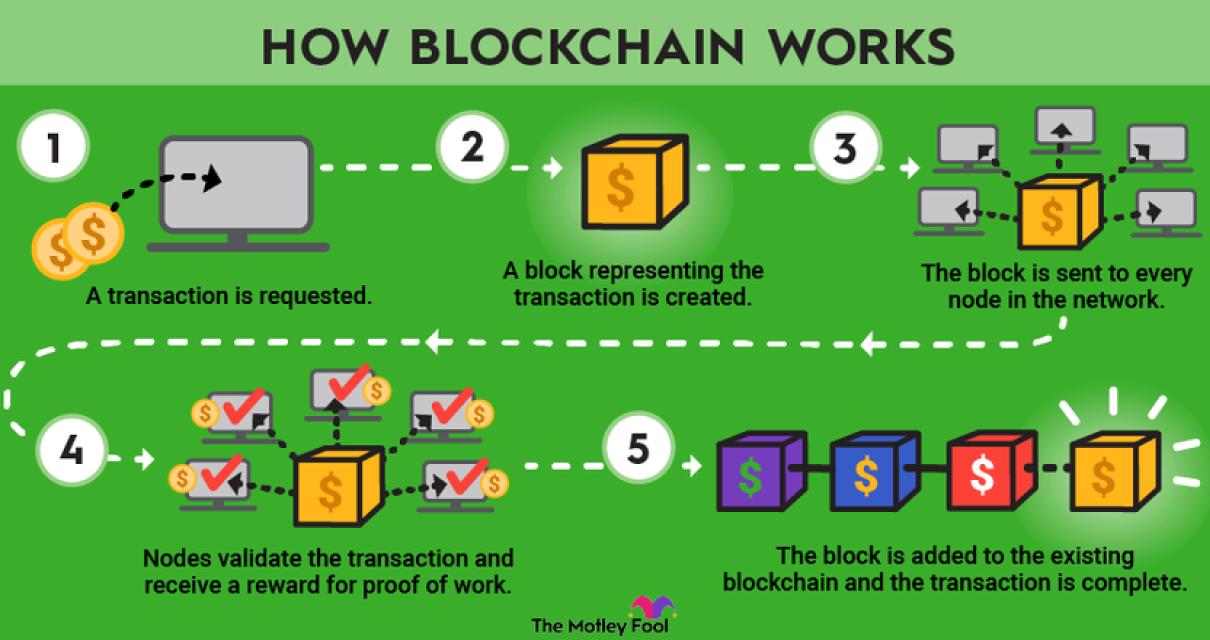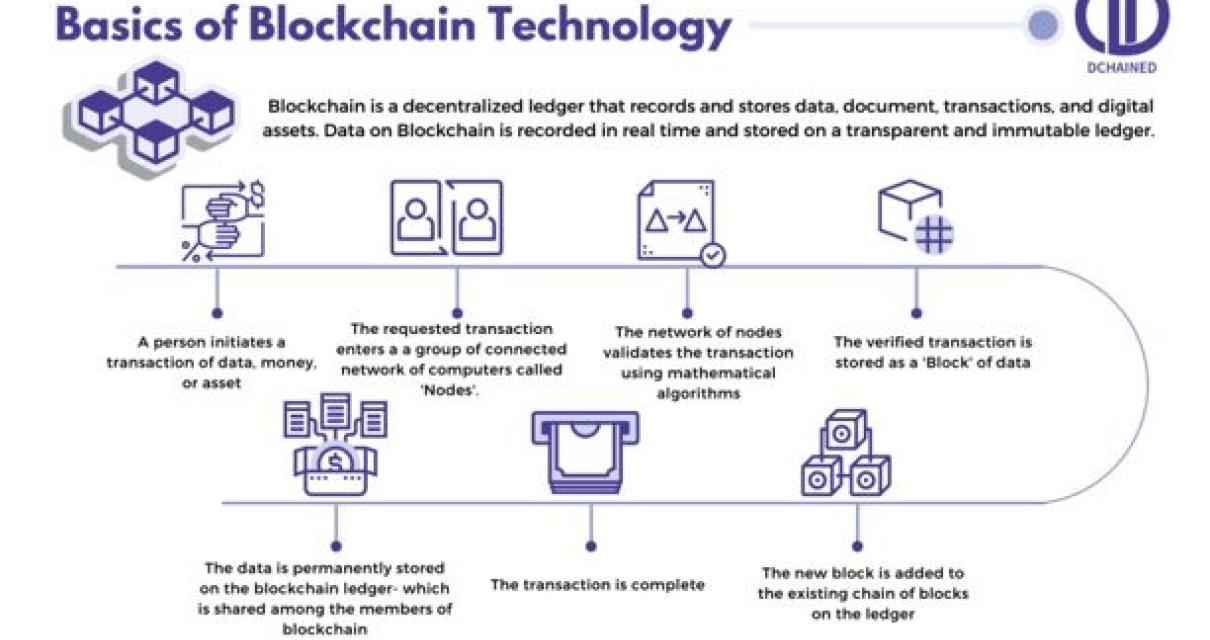What is blockchain and why is it important?
Blockchain is a distributed database that enables secure, transparent and tamper-proof transactions. It is important because it allows for new and more efficient ways of conducting transactions and it could help to reduce fraud.
How can blockchain be used to create trust?
One potential use of blockchain is to create trust. Blockchain is a distributed ledger that can be used to track the ownership of assets. This could be used to create a system where people can trust that the assets they are trading are actually owned by the person they are trading with.
How can blockchain help businesses?
Blockchain technology can help businesses by making it easier to verify and track transactions. It can also help businesses by allowing them to bypass traditional banking systems.

What are the benefits of using blockchain technology?
There are many potential benefits of using blockchain technology, including:
-Reduced fraud and security risks: Blockchain is tamper-proof, meaning that it is difficult for anyone to tamper with the information recorded on it. This makes it more secure than other forms of data storage, such as traditional databases.
-Improved transparency: Blockchain is transparent, meaning that everyone can see how data is being processed and shared. This ensures that all parties involved are aware of the data’s origin and use.
-Easier tracking and tracing: Because blockchain is a digital ledger, it can easily track the movement of assets and money. This helps to prevent fraud and money laundering, and makes it easier to resolve disputes.
- Reduced costs: Blockchain technology can reduce the costs associated with various transactions, such as processing fees and settlement time. This can make it more cost-effective for businesses to adopt it

What are some of the challenges faced by blockchain technology?
Some of the challenges faced by blockchain technology include scalability, security and privacy. Additionally, blockchain technology is still in its early stages, which means that there are still some unanswered questions about its functionality and potential applications.
How secure is blockchain technology?
The security of blockchain technology is based on the cryptography used to protect the data. The cryptography is designed to make it difficult for anyone to tamper with the data.

What is the future of blockchain technology?
The future of blockchain technology is still up for debate, but there are a few potential applications that could become popular in the near future. One potential application is blockchain technology being used to secure and track medical records. Another potential application is blockchain technology being used to secure and track digital assets.
What are some real-world applications of blockchain technology?
One real-world application of blockchain technology is in the music industry. It can be used to track and verify the ownership of songs and music videos. It can also be used to prevent piracy.
How can you get started with using blockchain technology?
The first step is to understand what blockchain technology is and how it works. Blockchain is a distributed database that allows for secure, transparent and tamper-proof tracking of assets. It operates on a peer-to-peer network, which makes it difficult for one party to control the data. Blockchain technology can be used for a variety of applications, including property ownership, financial transactions and more.